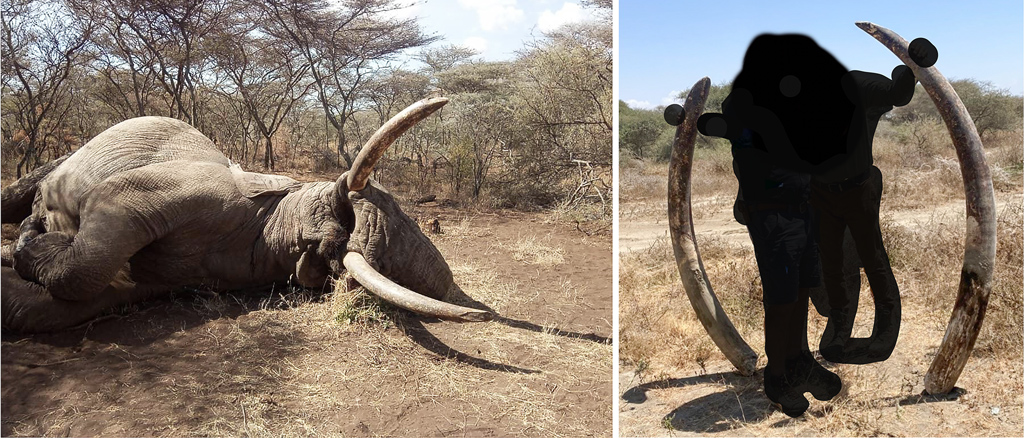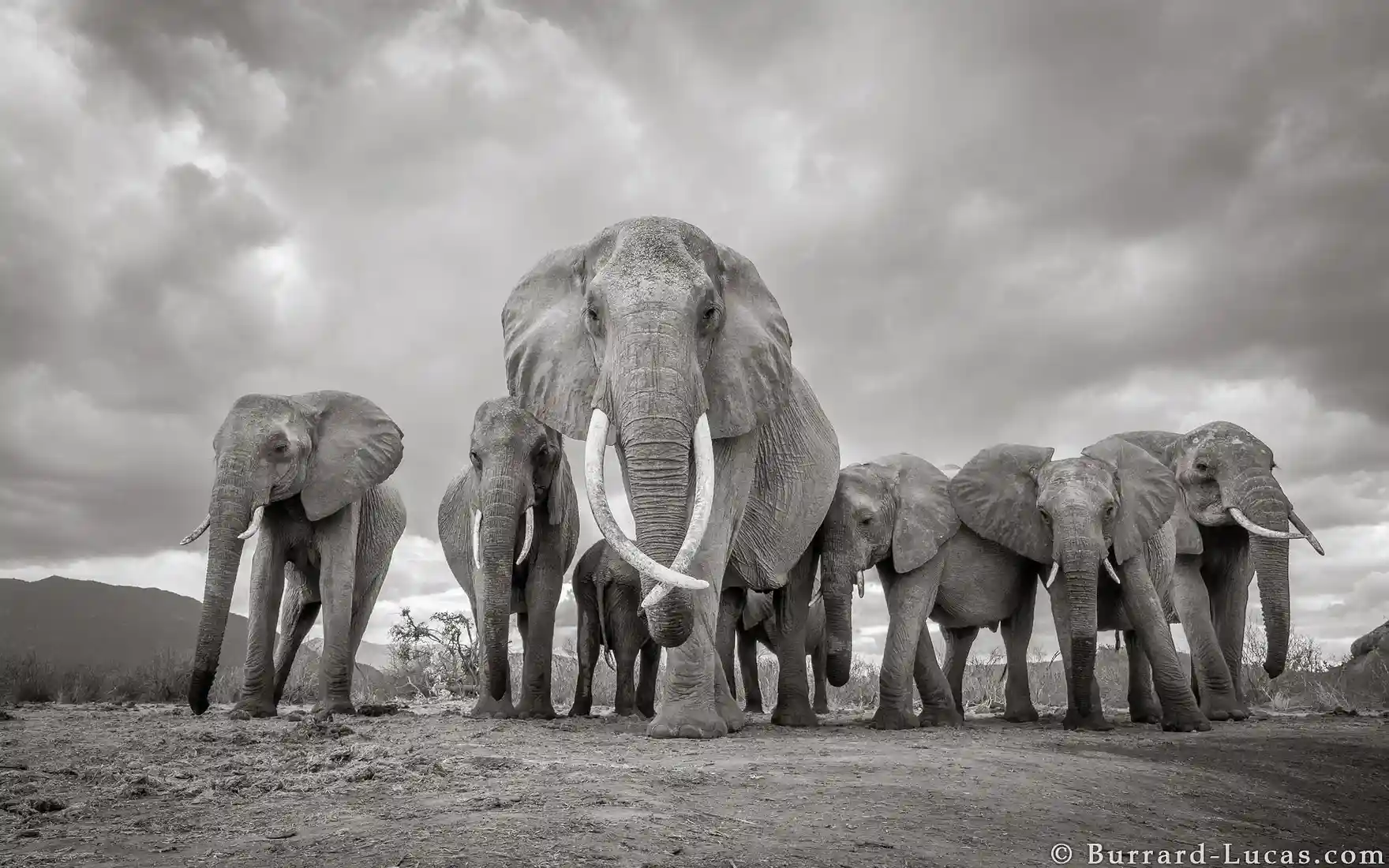In September 2023 a rare super-tusker was killed by trophy hunters in Tanzania. Another was killed in November and a third in March 2024, when it was also reported that the hunt for a fourth was underway and more licences to hunt them had been issued.
These endangered elephants came from Amboseli across the border in Kenya, part of a migratory herd that has been studied for decades and whose importance was recognised in a 30-year-old moratorium on hunting them. Their targeted removal by trophy hunters poses a huge threat to the few remaining ones and has alarmed conservationists in Kenya and beyond.
This population has been closely studied since 1972 by the Amboseli Elephant Research Project (AERP), making it the longest, continuously running study of elephants in the world. Much of our knowledge today about elephant behaviour, communication, population dynamics, and genetics, has resulted from this study. The loss of one of these elephants is catastrophic, let alone more.
What is a super-tusker and why are they so important?
A super-tusker is a mature bull elephant with at least one tusk weighing over 100 lbs (45 kgs). They are extremely rare, with only 25-50 of them remaining in the world and only ten remaining in the Amboseli ecosystem – a vast area encompassing Amboseli National Park and the surrounding conservancies and lands in Kenya and the Enduimet Wildlife Management Area, and beyond in Tanzania. Trophy hunting was banned in Kenya but is allowed in Tanzania, so once these elephants cross the border they are at lethal risk from hunters.
These super-tuskers have a unique genetic makeup and are vital for passing on knowledge, experience, and survival strategies to younger males. When a super-tusker is killed, the break in transmission from one generation to the next leaves herds weakened and with diminished survival skills. Young male elephants who lack the guidance of older ones who have been killed by trophy hunters often become aggressive and violent, which in turn can escalate conflict with humans. These bulls have a crucial role in maintaining the health of the herd, and due to their rarity and endangered status should be fully protected.
This is not a view shared by the chairman of the Tanzanian Hunting Operators Association, Michael Mantheakis, whose replies to enquiries about the hunts from Africa Geographic were fact-checked by AG in an open letter. His responses are typical of the deflection, lack of transparency, unsubstantiated claims, and misinformation so often put about by the hunting fraternity. It will be interesting to learn what part of the revenue from the fees for killing these rarest of elephants will be apportioned to conservation and communities, but such audits and money trails are rarely made public, and it’s unlikely we’ll ever know. But no amount of money could compensate for the loss of Gilgil and the other super-tuskers who prematurely met their end at the hands of trophy hunters.
The common argument used by trophy hunters that older bull elephants are ‘expendable’ or past their prime couldn’t be more wrong. Gilgil, the first Amboseli super-tusker killed in the area, was only 35 years old and approaching his prime reproductive years at around 40. By this age, some 75% of these bulls may have already passed away, highlighting the disproportionate importance of these older bulls in breeding.

Gilgil’s carcass and his removed tusks. He was the first Amboseli super-tusker killed by trophy hunters in Enduimet, in Sept 2023. At only 35 years old he was yet to reach his prime reproductive years. Instead, his life was taken by a trophy hunter from Texas for no other reason than personal gratification and thrills.
Two more super-tuskers killed
In March 2024, news emerged of two more killings of super-tuskers in the area, one in November and one in March. The hunters burned the carcasses in an attempt to prevent their identification.
Commenting on the third killing, elephant expert Dr Audrey Delsink said:
Kenyan authorities, NGOs, and conservation groups are calling for the moratorium on hunting these elephants to be reinstated and for Tanzania to halt these killings. If they continue, the last of these majestic giants of the earth will disappear forever.
Sign petition to President Suhulu of Tanzania
Stop Trophy Hunting in N Tanzania to Save Amboseli’s Migratory Elephants
Top photo credit: Will Burrard-Lucas
